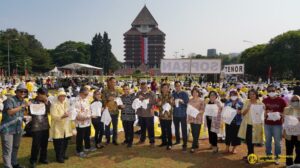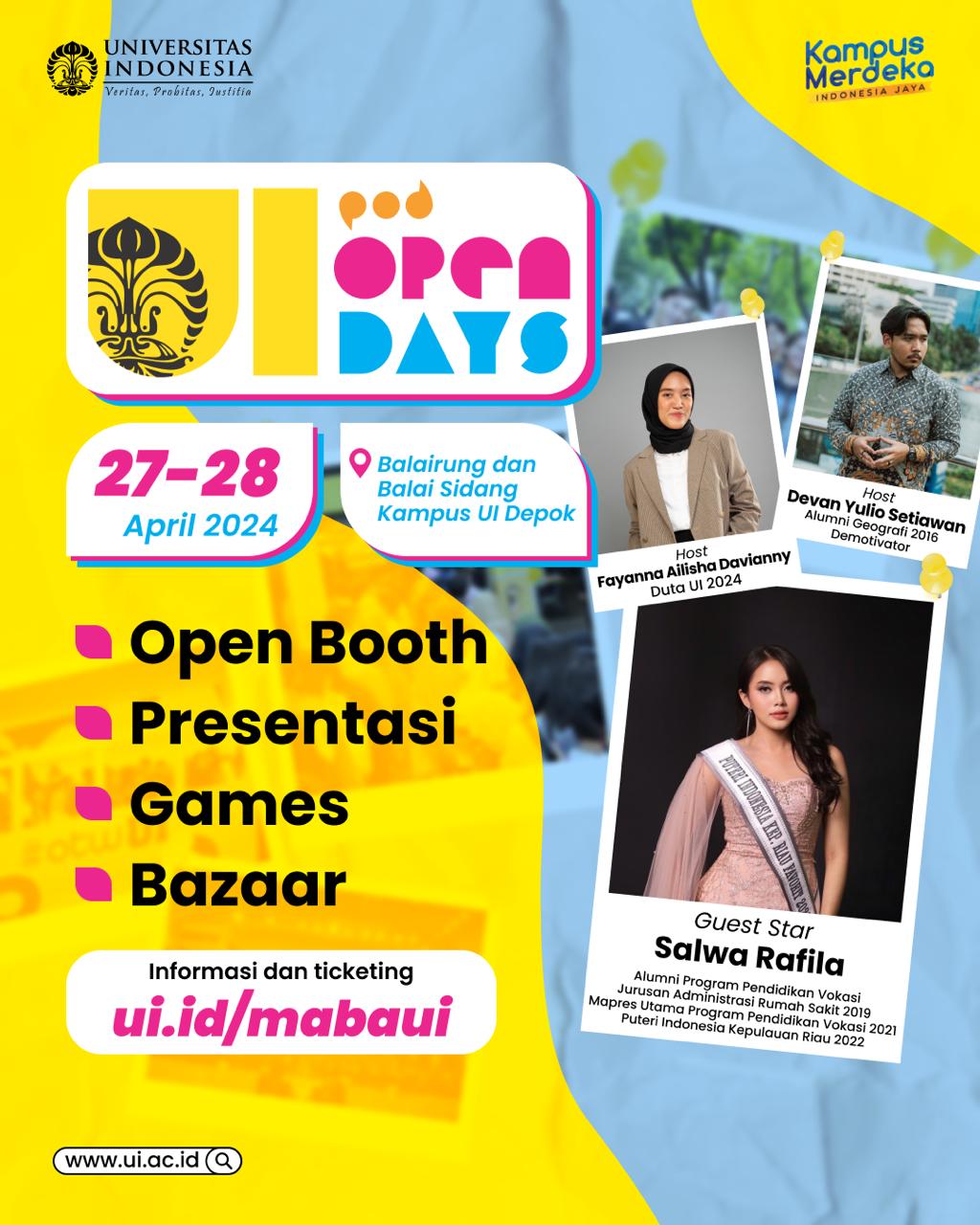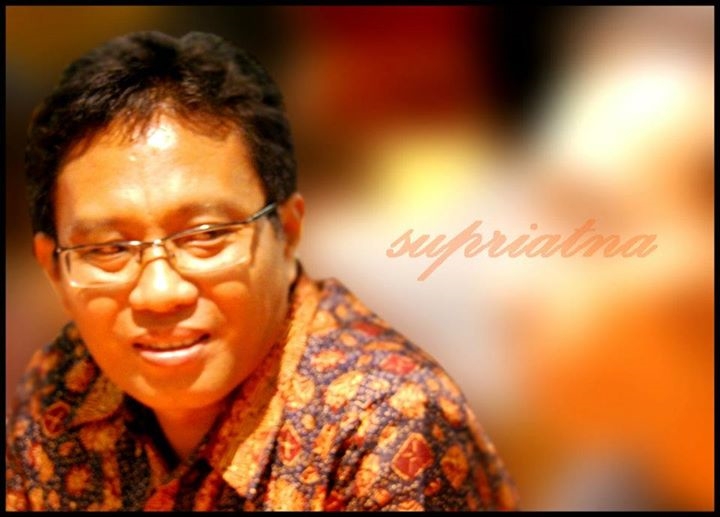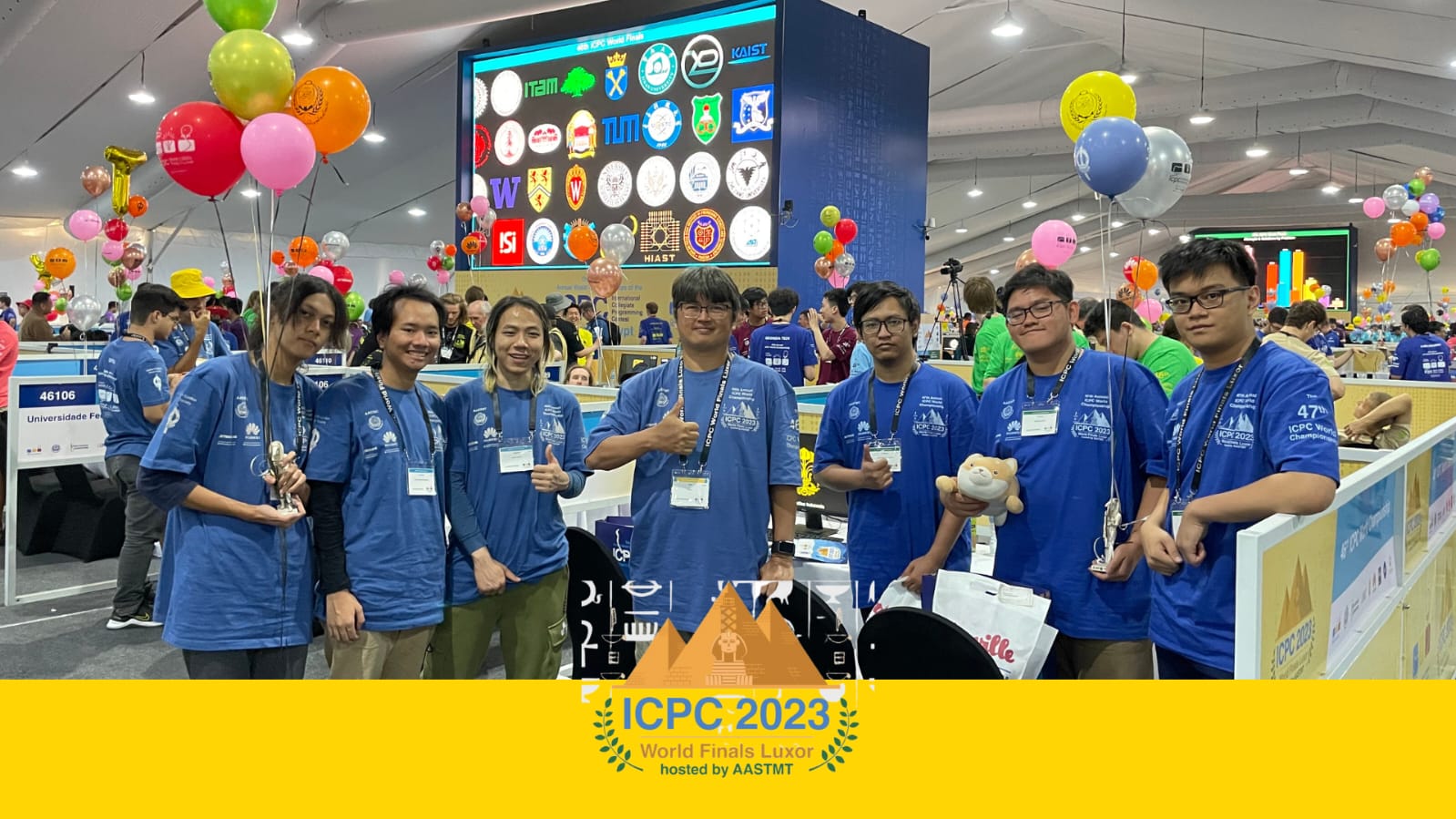
The peak event of the Campus Life Introduction Program for New Students at the Universitas Indonesia in 2022, which was enlivened by batik dyeing activities and the Universitas Indonesia 2022 new student choir, won the Indonesian World Records Museum (MURI) record for the category “Batik Dyeing by the Most New Students” and “The Most New Student Choir”. The batik dyeing and choir activities, which were attended by 9,237 new students, were held at the Rotunda field on the Universitas Indonesia Depok Campus on Thursday (25/8).
In his speech, Universitas Indonesia Rector Prof. Ari Kuncoro, S.E., M.A., Ph.D., saw Universitas Indonesia (UI) as a miniature of Indonesia, because UI students come from various regions in Indonesia with their respective cultures. “The superlative achievements of the nation’s children this morning are authentic evidence that Universitas Indonesia, in accordance with its vision, is a center of excellence not only in the fields of science and technology, but also in the field of culture,” said the Rector of UI. The MURI record-breaking event, which involved many parties, also means that Universitas Indonesia has adapted to the new normal after the Covid-19 pandemic, and proves that UI is a campus that is harmonious and solid internally as well as externally.

According to UI Board of Trustees (MWA) Chairman Saleh Husin, batik is one of Indonesia’s cultures that has existed since time immemorial. As the next generation of ancestors, the Indonesian people are guided from generation to generation to continue to maintain Indonesian culture, one of which is batik. “I was surprised, it turns out that making batik is not easy. So what has been done by UI students on this MURI record is amazingly cool and compact. Hopefully in the future UI students can continue to preserve the culture in the archipelago, such as batik,” he said.
Chairman of the UI Academic Senate Prof. Nachrowi Djalal Nachrowi, M.Sc., MPhil., Ph.D., also expressed his pride, because UI succeeded in making a new achievement, namely dyeing batik by 9,000 freshmen class of 2022. UI’s success in making this achievement is a manifestation of UI’s preservation in maintaining and introducing batik to a wide audience. According to Prof. Nachrowi, UI is able to combine differences in ethnicity, culture, language, from Sabang to Merauke. He hopes that with the acquisition of this MURI record, UI will be able to maintain unity and integrity and be able to contribute to other achievements – in Southeast Asia and globally.

On the same occasion, Rolupat Batik Nusantara founder Henny said, in accordance with the theme of PKKMB UI this year, namely One Because Different, Rolupat fully supports UI’s efforts in setting a MURI record today. In the batik motif given to freshmen, there are images of makara, rectorate, lake, which symbolize the characteristics of UI.
MURI founder Prof. Dr. (HC). Jaya Suprana revealed that what UI did was the most impressive, proud, amazing, and moving record breaking. “This is not an Indonesian Record, but a World Record. I have never seen anything like this anywhere in the world. 9,000 new UI students perform choirs as well as dyeing. UI today made history and a new record, namely batik and choir followed by the most new students in the world,” Jaya Suprana said.
The implementation of PKKMB UI 2022 is expected to make students have a good understanding of the campus. According to the Vice Rector for Academic and Student Affairs, Prof. Dr. rer. nat. According to Dr. Abdul Haris, the batik dyeing activity and the choir of national songs were chosen so that new students would have awareness and pride in the nation’s cultural wealth. “So that UI students have global competence and intellect, as well as becoming complete Indonesian human beings,” said Prof. Haris.
Author: Mariana Sumanti
For more information refer to:



